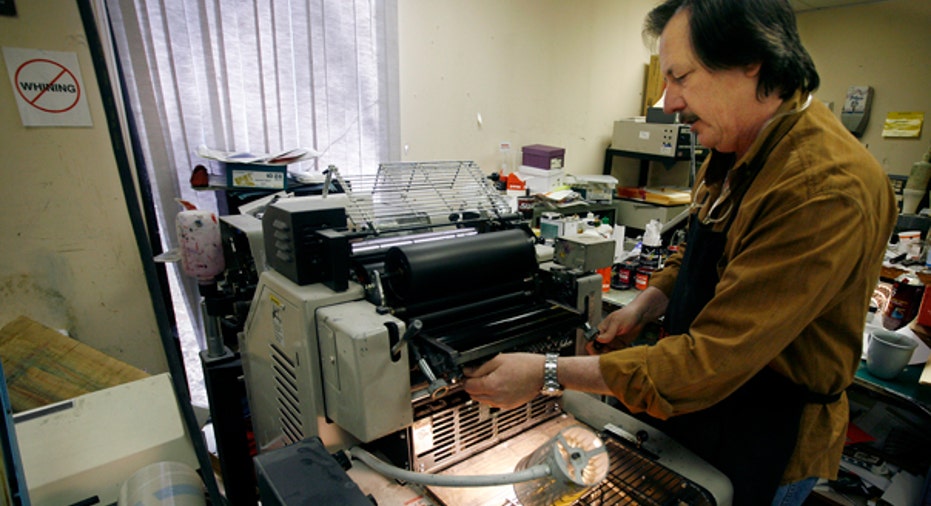Patent Reform Coming to Senate

The Senate aims to begin consideration next month of a bipartisan bill to revamp the U.S. patent system and reduce the likelihood of what critics see as excessive damage awards, Senate Majority Leader Harry Reid said on Wednesday.
Reid said he plans to bring the bill to the Senate floor after lawmakers return from a week-long recess set to start on Friday.
Assistant Senate Democratic Leader Dick Durbin voiced confidence that the measure would win approval, which would send it to the Republican-led House of Representatives for concurrence.
"I feel good about it," said Durbin, a member of the Senate Judiciary Committee that reported out the measure on a 15-0 vote earlier this month.
The bill would give judges a major role in determining how important a particular patent is to a product, so that infringing minor patents would not lead to huge damages.
The bill also would give a patent to the first inventor to file, rather than the first to invent, making the patent application process easier for companies who apply for patents in multiple countries.
"We will take that up the week we get back," Reid told reporters on Capitol Hill.
The Senate is slated to return to work on Monday, February 28, but action on the bill likely wouldn't start until at least later in the week, aides said.
A vote on the bill could further slip a bit since the Senate must act quickly on a stopgap-funding measure to keep the government up and running beyond March 4.
Regardless, senior Senate Democratic aides said, the anticipated plan is to get to the patent reform bill by the second full week in March.
Senator Charles Schumer has said that he plans to offer an amendment that would allow companies accused of infringing business-method patents to allow them to ask the U.S. Patent and Trademark Office to declare them invalid without resorting to litigation.
The Supreme Court last year rejected a way to hedge energy costs but declined to shut the door on business method patents entirely. Perhaps the most familiar example of a business-method patent is Amazon.com Inc's (AMZN.O: Quote, Profile, Research, Stock Buzz) one-click purchase patent.
Other provisions in this year's 99-page bill aim to prevent bad patents from being issued by allowing third parties to provide information on why an application should be rejected.
The U.S. Patent and Trademark Office has asked for the right to set its own fees in order to hire more examiners and upgrade technology so it can chip away at a massive backlog of patent applications.
The bill would give the patent office authority to set fees, but would require that the smallest applicants get relief on application fees.
Big technology companies initiated a push several years ago for patent reform because of expensive litigation, and even more expensive damages, if they lost what many viewed as unfounded lawsuits.
Some big tech companies have since dropped their support, at least partially because of efforts to reduce patent office reviews of patents that have already been granted.
This year, Microsoft Corp (MSFT.O: Quote, Profile, Research, Stock Buzz), the Pharmaceutical Research and Manufacturers of America and the Biotechnology Industry Organization support the patent legislation, while others oppose it.
"We continue to have concerns with the current Senate bill," a trade group called the Coalition for Patent Fairness said in a statement.
"The Coalition for Patent Fairness believes that additional changes need to be made to the bill to reflect the concerns of America's leading technology innovators and job creators as they continue to driving the economic recovery," said the group, whose members include Adobe Systems Inc, Apple Inc, Google Inc, Intel Corp, Research in Motion Ltd, Symantec Corp and Verizon Communications Inc.



















